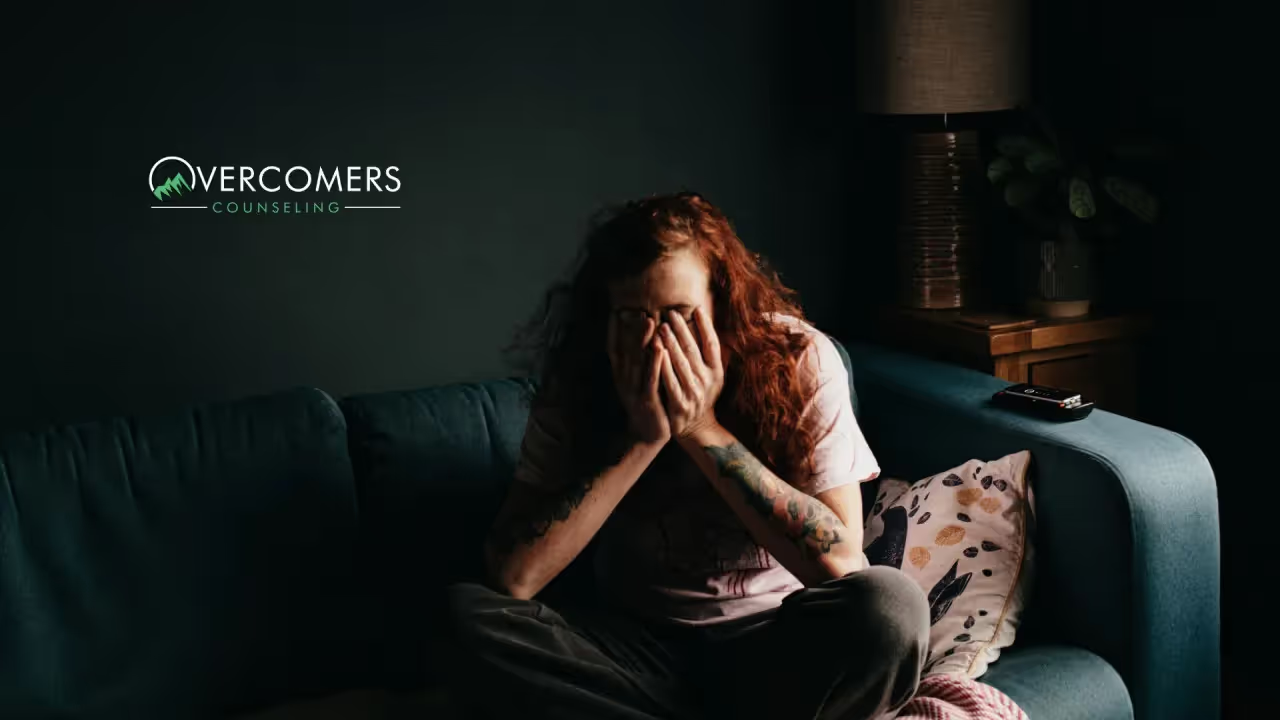Abusive relationships are a grave societal issue, often hidden behind closed doors yet leaving a trail of devastation in their wake.The importance of...

Abusive relationships are a grave societal issue, often hidden behind closed doors yet leaving a trail of devastation in their wake.
The importance of understanding the subtle tactics used by abusers cannot be overstated.
These tactics, often shrouded in manipulation and control, create a complex web of fear, guilt, and confusion.
One such insidious strategy is isolation, a silent weapon that slowly but surely erodes the victim's self-esteem, personal connections, and sense of self.
By shedding light on these covert mechanisms, we can empower victims to recognize their situation, bystanders to intervene effectively, and society at large to challenge and change the narrative around abusive relationships.
Isolation, a disturbingly common tactic used in abusive relationships, is an insidious strategy designed to erode the victim's support network and sense of independence.
The abuser systematically severs the ties that the victim has with the outside world by creating physical or emotional barriers between them and their loved ones.
This could range from discouraging or outright forbidding contact with friends and family, to manipulating situations to cause conflict within their social circles.
The ultimate goal is to make the victim entirely reliant on the abuser, enhancing the abuser's control and making it significantly harder for the victim to leave the abusive situation.
The psychological reasoning behind the use of isolation by abusers is rooted in the desire to exert power and maintain control.
When victims are isolated, they become more susceptible to the abuser's distorted reality where they are made to believe that they are at fault, that they are alone, and that no one else can be trusted.
This further solidifies the abuser's dominance and makes the victim feel trapped and helpless, intensifying their dependence on the abuser.
It's a vicious cycle, where the isolated individual starts doubting their own judgment, which only serves to further entrench them in the abusive relationship

The early signs of isolation in relationships are often discreet, slowly weaving themselves into the fabric of your daily life.
Ask yourself - are you seeing less and less of your friends and family? Does your partner seem overly critical or dismissive of the people you care about, subtly driving a wedge between you and them?
Do they display an unwarranted amount of jealousy when you spend time with others?
These could be the initial warning signs of isolation, subtly veiled under the guise of love and concern.
Over time, this subtle control can escalate, becoming more overt and dominating.
The isolation becomes blatant, with your partner exerting control over your movements, interactions, and even financial resources.
Are you finding that your freedom to go out, meet people, or make purchases is being curtailed without your consent?
Is your partner monitoring your personal communications, breaching your privacy?
If these scenarios sound familiar, you could be experiencing obvious isolation. These are significant red flags that indicate an unhealthy power dynamic in your relationship, and it's crucial to address them promptly.
Isolation, especially in a relationship, can leave a victim grappling with profound emotional and psychological consequences that seep into every aspect of their life.
This isolation often manifests as a crushing sense of loneliness, a disconnection from social circles, and an ever-present feeling of being trapped.
It's not uncommon for victims to experience symptoms of depression and anxiety, struggle with low self-esteem, or even display signs of post-traumatic stress disorder.
The emotional landscape becomes a stormy sea of despair and hopelessness, casting long shadows over the victim's perception of self and reality.
Breaking free from isolation is a monumental task, akin to climbing a mountain without a guide.
The journey is riddled with obstacles - guilt, fear, self-doubt - each one more daunting than the last.
The isolation has a way of entangling itself around the victim's thoughts and emotions, creating a mental prison that seems impossible to escape from.
Yet, despite the difficulty, it's crucial to remember that liberation is possible.
Isolation in abusive relationships is a subtle yet damaging phenomenon, often starting as a barely perceptible shift in dynamics but escalating into a powerful tool of control.
It leaves deep emotional and psychological scars, creating a debilitating sense of loneliness and despair that can make breaking free seem insurmountable.
However, it's crucial to remember that no one should endure such isolation and there are ways out.
Victims, as well as bystanders, are encouraged to seek help, reach out to support networks, or contact professionals who can provide guidance.
With courage, resilience, and the right assistance, it is entirely possible to reclaim freedom, restore self-esteem, and rebuild a life marked by hope, self-love, and healthy relationships.
Assertive communication involves expressing your needs and boundaries respectfully and clearly, while still considering the feelings and perspectives of others.Aggressive communication, on the other hand, may involve blame, criticism, or disrespect towards others.If you're unsure about your communication style, discuss it with your therapist, who can provide guidance and support.
If you find it difficult to express your needs and boundaries, consider discussing this challenge with your therapist.
They can help you develop assertive communication skills and provide a supportive environment for practicing these techniques during therapy sessions.
Yes. Trauma counseling can be adapted to suit individuals of all ages, including children and adolescents. It's important to address trauma in children as early as possible to prevent long-term effects on their mental health and development.
Common types of trauma associated with addiction include childhood abuse, neglect, domestic violence, sexual assault, and witnessing or experiencing life-threatening events.
While some therapists may require a referral, many do not. It's essential to research and contact potential therapists to discuss their specific requirements.
Yes, trauma therapists can indeed help with childhood trauma. Therapies like play therapy can be particularly effective for children, providing a supportive environment where they can express their feelings and cope with traumatic experiences.